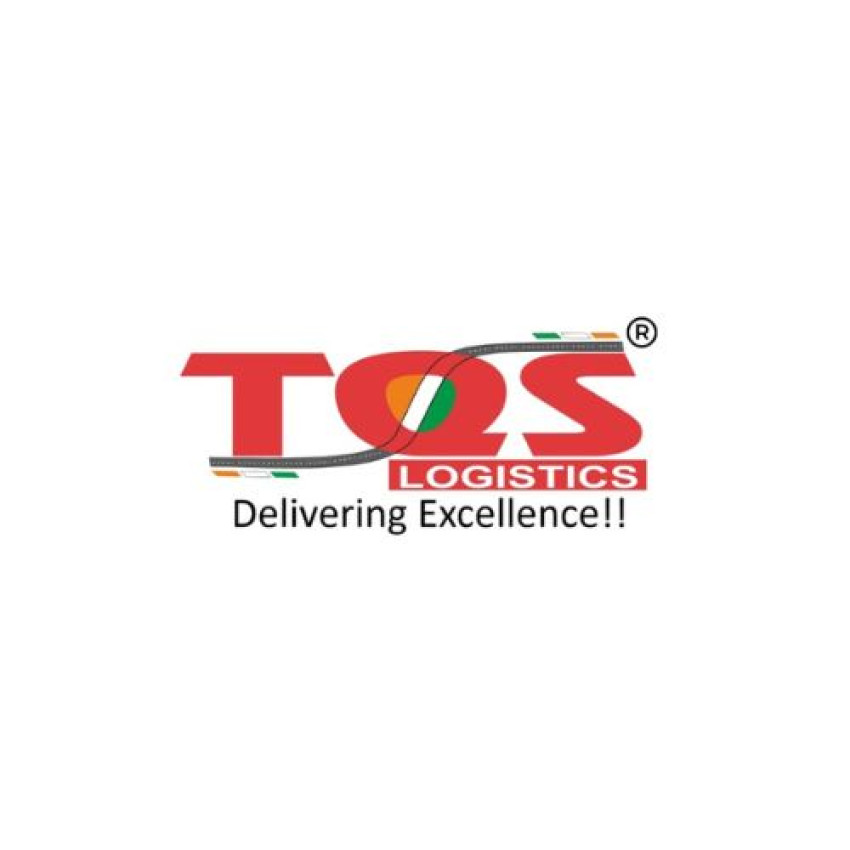
Logistics management in India has always been a complex and challenging task. With the rapid growth of the Indian economy and the e-commerce industry, the logistics sector is expected to grow at a CAGR of 10.5% by 2023. Managing such a large and complex logistic network requires a high level of coordination and efficiency. However, the traditional logistics management system in India is often plagued by inefficiencies, delays, and high costs.
Blockchain technology has emerged as a promising solution to address the challenges faced by the logistics industry. Blockchain is a decentralized and distributed digital ledger that can record transactions securely and transparently. The technology has the potential to revolutionize the logistics industry by providing a secure, transparent, and efficient system for tracking and managing shipments.
Let's take a closer look at how blockchain can improve the logistics management system in India.
Transparency and Traceability
One of the key benefits of blockchain technology is the ability to provide transparency and traceability in the logistics supply chain. The technology can help track the movement of goods from the point of origin to the final destination. This can help reduce the risk of fraud, theft, and counterfeiting. The transparency provided by blockchain can also help improve accountability and reduce disputes between different parties involved in the logistics supply chain.
Improved Efficiency and Cost Reduction
Blockchain technology can help improve the efficiency of logistics operations by reducing the need for intermediaries and streamlining the process of managing transactions. The technology can automate several manual processes, such as document processing and verification, thereby reducing the time and cost involved in logistics management.
Improved Security and Data Privacy
One of the key features of blockchain technology is the high level of security and data privacy it provides. The technology uses advanced cryptographic algorithms to ensure that the data stored on the blockchain is secure and tamper-proof. This can help prevent unauthorized access to sensitive data, such as shipment details, and protect the privacy of customers.
Real-time Tracking and Monitoring
Blockchain technology can provide real-time tracking and monitoring of shipments, enabling logistics companies to manage their fleet more efficiently. The technology can help provide accurate and timely updates on the location and status of shipments, enabling logistics companies to take proactive measures to address any issues that may arise.
Conclusion
In conclusion, blockchain technology has the potential to transform the logistics industry in India by providing a secure, transparent, and efficient system for managing shipments. The technology can help improve transparency, traceability, efficiency, security, and data privacy in the logistics supply chain. With the growing demand for efficient logistics management in India, blockchain technology is poised to become an integral part of the logistics industry in the near future.









